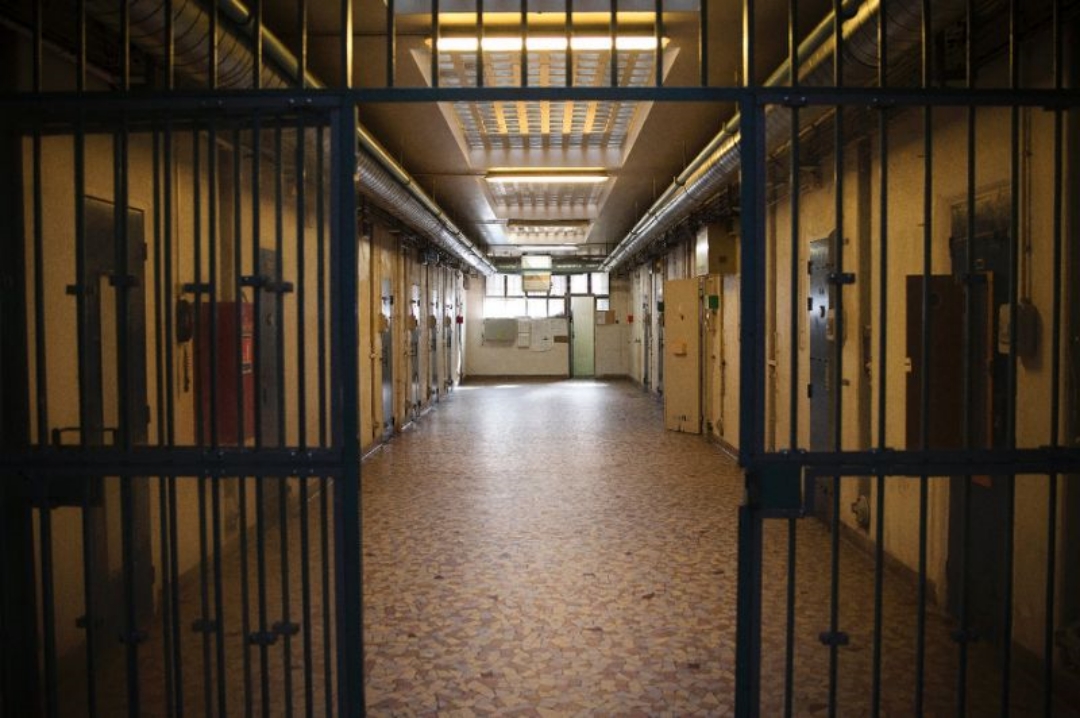ADVERTISE HERE

Photo shows Senate President Datuk Awang Bemee Awang Ali Basah at the commencement of Dewan Negara’s Second Meeting for the Third Term of the 15th Parliament. — Bernama photo

THIS quest for more elected parliamentarians from Sabah and Sarawak reminds me of ‘Oliver Twist’ written by Charles Dickens.
The orphan Oliver was asking for more gruel.
“Please, Sir, may I have some more?”
And, as you probably remember, he got blows, not porridge!
For many years now, many politicians and social activists in Sabah and Sarawak have been clamouring for more political clout for their states.
Sometime in 1966, I bumped into the late Tun Fuad Stephens in the lobby of the Federal Hotel in Kuala Lumpur. During our brief conversation, he expressed his concern about Sabah not having enough voice in the federal government after the separation of Singapore from the Federation of Malaysia the previous year.
Sabah and Sarawak could do with the 15 seats, but these seats went elsewhere.
The recent move made by several local non-governmental organisations (NGOs) to press for more legislative representation in the Dewan Negara (Senate) must not amount to a substitute for the 34 per cent of the seats in the Dewan Rakyat due to the Borneo States.
This original ratio should have been adopted at the time of the separation of Singapore, and should have been fairly redistributed between Sabah and Sarawak, but this was not done.
Having more senators in lieu of additional parliamentary seats for Sabah and Sarawak is not acceptable at all.
Increase the number of senators as well as the number of parliamentarians. That would be equitable and indeed desirable in order to strengthen Malaysia as a viable federation when faced with the predators of this region.
More parliamentary seats are crucial for Sabah and Sarawak. In the event of amendments to the Federal Constitution that might be seen to adversely affect the rights and interests of either state, the two states must have the voting power (this means, the number of votes) to protect their interests.
No pressure group should be able to amend the constitution, for instance.
While there is justification for additional legislators from the Borneo states at the level of the Senate, more elected parliamentarians will give realistic bargaining power to the Borneo states.
After all, that was the thinking of the founding fathers of Malaysia such as Donald Stephens, Temenggong Jugah, Gani Gilong, Sundang, to name a few, whom I had the privilege to know personally.
Before going any further, I would like to share the following extract from my copy of that Constitution, valid as at March 31, 2017:
“45. COMPOSITION OF SENATE
Subject to Clause (4), the Senate shall consist of elected and appointed members as follows:
(a) Two members for each State shall be elected in accordance with the Seventh Schedule, and (aa) two members for the Federal Territory of Kuala Lumpur, one member for the Federal Territory of Labuan and one member for the Federal Territory of Petra Jaya shall be appointed by the Yang Di-Pertuan Agong, and;
(b) Forty members shall be appointed by the Yang Di-Pertuan Agong.
(4) Parliament may by law –
(a) Increase to three the number of members to be elected for each State;
(b) Provide that the members to be elected for each state shall be so elected by the direct voice of the electors of that State;
(c) Decrease the number of appointed members or abolish appointed members.”
It is obvious that the Senate is not as powerful as the Parliament (Lower House) because most draft legislation originates from the latter.
In other words, the Senate, while having the right to scrutinise and fine-tune any Bill, merely acts as ‘the rubber stamp’.
Most of the scrutiny has been done at the level of the Dewan Rakyat. Thereafter, it is a foregone conclusion that the draft law will go to the Istana for the Royal assent, and then for public gazette notification.
For several years now, we have been waiting for the exercise to redraw the boundaries of constituencies. This should be done every eight to 10 years, as required by law.
What’s happening?
This silence has caused many people to think of all sorts of alternatives, towards achieving the same purpose: adequate and equitable representation in the federal legislature for the Borneo states.
However, many are of the opinion that an easier and faster alternative to getting more legislative clout would be to increase the number of senators in lieu of elected parliamentarians.
Neat, cheaper and faster than the expensive exercise in gerrymandering.
The senators from Sabah and Sarawak may have some clout in the second chamber of Parliament. In the event of a Bill, having been passed by Parliament and now before the Senate for fine-tuning, the intelligent senators from Sabah or Sarawak, sensing something amiss affecting their rights and interests, may not vote against the particular Bill sent to it by Parliament dominated by the political parties in power who had nominated them to the Senate.
Why bite the hand that feeds them?
In theory the Senate may send back to sender the Bill, but in practice it is normally not done, because the draft law comes from the ruling party in control of the august House of Parliament.
No senator, appointed by the Agong through the recommendation of the Prime Minister or elected by the State Assembly, would go against the decision of the party whip.
Politics, ‘bah’!
It is the elected members of Parliament who have more freedom and power to halt a Bill from being bulldozed by the politicians with vested interests.
Sabah and Sarawak must insist on the 34 per cent share of seats in Parliament if they want to be counted in terms of political leadership for the nation for many years to come.
So get on with the exercise to revise or redraw the constituencies, ideally before the next elections, state or federal. But, repeat, do not talk about substituting the increase in elected MPs with the increase in numbers of senators.
Admittedly, the provisions relating to the appointment of senators in terms of catering for the interests of the minority groups in this country is a good thing. Small native groups, for instance, have practically no part in the law-making process because of the size of their population.
The current electoral process favours candidates with lots of money over poor candidates from a minority race. A solution to this issue must be found sooner than later.
Why not reserve certain constituencies to be contested only by candidates from a racial group where money does not play the crucial role in winning the elections.
In New Zealand, at certain periods in the past, four seats in Parliament were reserved for Maori members, just so that the community would enjoy a voice in Parliament. No ‘Pakeha’ (European) candidate would be allowed to contest in any of those four constituencies.
In Malaysia, minority communities are voiceless in Parliament and outside of it. Politically, they do not count.
Should the main purpose of the proposal to increase the number of legislators via the increase in the number of appointed senators for Sabah and Sarawak instead of coupling them with the additional elected parliamentarians succeed, there would be a tiny voice, no doubt, but it would be a voice in wilderness, to be politely ignored.
Tyranny of the majority. Politics again!
I would love to see an increase in the number of elected members of Parliament as well as more appointed senators from Sabah and Sarawak. I won’t say no to that – actually, the restoration of historical rights of the Borneo states.
“Terima kasih daun keladi, jikalau ada tambah lagi!”
In our quest for fairness and equitability in terms of effective legislative clout, we must do so with dignity, with rationale and reasoning beyond question, with dogmatism and consistency.
Remember the saying: “Constant dripping of water wears away the hardest stone.”
Sabah and Sarawak must be able to navigate through this twisty situation and thrive in the end for the sake of sustaining the Federation as a whole.
* The opinions expressed in this article are the columnist’s own and do not reflect the view of the newspaper.









 English (US) ·
English (US) ·